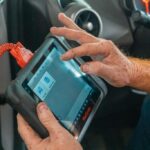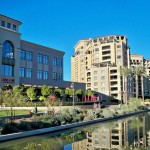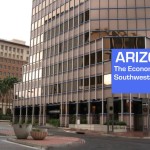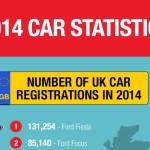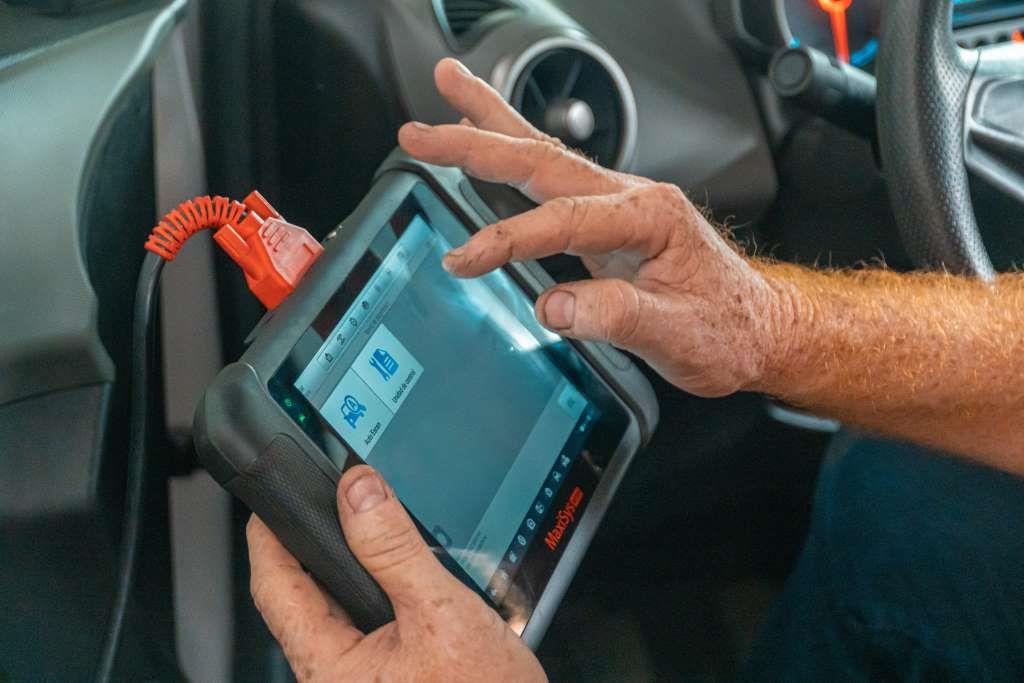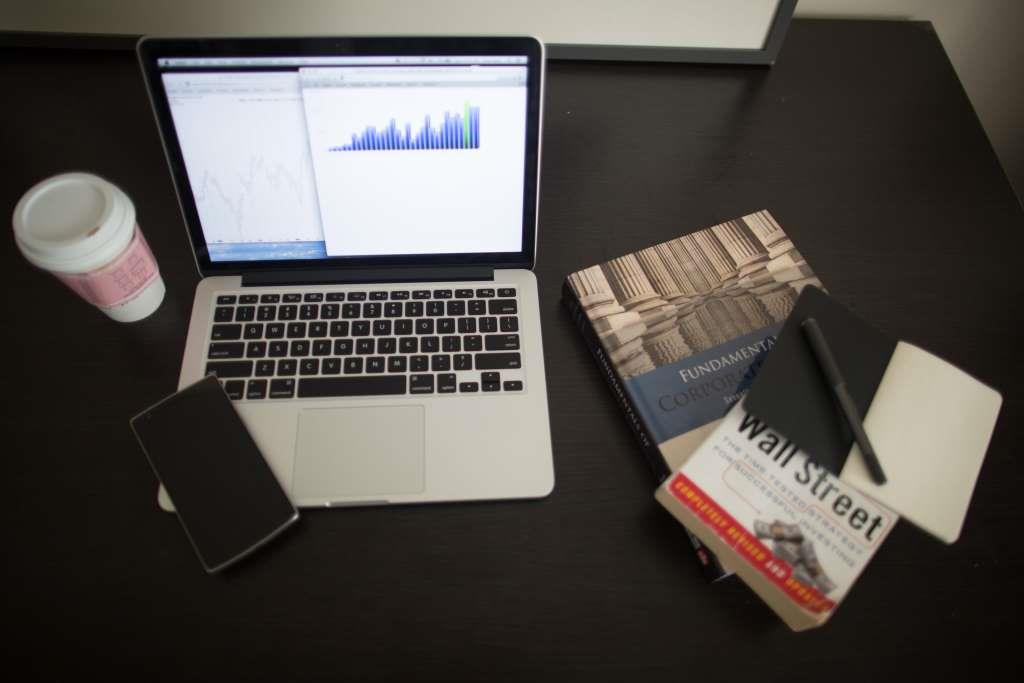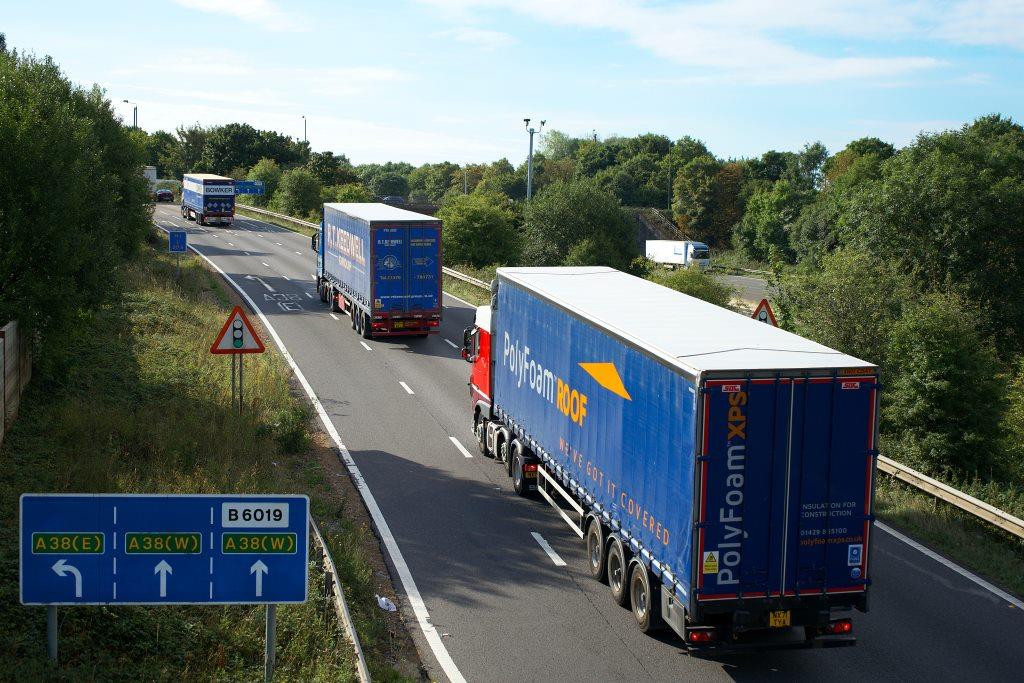
A few years ago, business in Arizona was booming. The state’s economy was supercharged, thanks to booming real estate and construction markets. Jobs were plentiful, as the state’s unemployment rate hovered consistently in the low single digits. The abundance of well-paying jobs drew thousands of people to the state, adding human capital and further enhancing the state’s economic outlook. With low unemployment and a strong, diversified economy, prospects for business in Arizona looked pretty rosy. It seemed like rapid growth would continue for the foreseeable future.
Well, it didn’t. The bottom dropped out of the job market and the economy in the form of the “Great Recession” of 2007-2009.
With the exception of oil and resource rich states like North Dakota, almost every part of the country saw job creation plummet amid the economic turmoil of a few years ago. Similarly, most states have since started a slow climb back to pre-recession levels. Arizona is no exception. The state has started to chip away at the hundreds of thousands of jobs lost during the economic downturn. The local unemployment rate has improved, and the real estate market has seen a vigorous turnaround. But there’s still a long way to go. Economic forecasts say it may still be years before Arizona sees a rate of growth comparable to what the state experienced a decade ago.
The state of business in Arizona
Recent indicators say that Arizona’s economy is going to grow. But that good news is tempered by the fact that while the economy is growing, it’s only projected to expand at a rate of around two to two-and-one-half percent annually. Those numbers come courtesy of a panel of economists and business leaders who met Dec. 4 to discuss the future of Arizona’s economy. While two-percent growth might not sound bad, economic growth in the state was double that figure in the early 2000s.
Like most states, Arizona was hit hard by the Great Recession, with a net loss of more than 300,000 jobs. Recovery has been slow, and the state has only regained about half of those lost jobs. Another problematic sign is Arizona’s unemployment rate — currently it’s is around eight-percent, which is higher than the national average. That’s far higher than the pre-recession state unemployment rate of three to four percent, and it’s indicative of the fact that Arizona is struggling to create enough jobs,
Growth drivers
Construction
One of the key growth drivers for Arizona business has historically been the construction industry. It’s provided a large number of jobs and served as an economic engine. But because the construction industry and real estate markets were so deeply damaged by the Great Recession, Arizona has seen its economic growth and business climate significantly affected. It’s estimated that the state lost half of its construction jobs during the recession. That six figure job loss has yet to be made whole, although the construction and real estate markets have are both slowly recovering. Arizona now ranks among the top ten states nationally in growth in the construction, real estate and finance — a great indication that accelerated growth may come sooner rather than later.
Automotive growth
The automotive industry has been one of Arizona’s primary growth drivers. The state Department of Revenue released data in November showing that retail sales in the state hit a six year high in August. The state reported more than $600 million of that retail business was done in the automotive sector, through sales of vehicles. That’s an increase of 60-percent from just three years ago. Economists believe rising consumer confidence has led to the explosion in car purchases, as consumers are reluctant to make large purchases during times of economic uncertainty. Of course this consumer behavior, while entirely rational, ultimately exacerbates the problem, as it leads to reduced demand and lower production.
While construction and automotive are key parts of the Arizona economy, there are other major factors involved. Please read “Slow, but Steady: Arizona’s Post-Recession Economy, Part Two” for more information.
By Jason Hope
Jason Hope
Latest posts by Jason Hope (see all)
- Slow but Steady: Business in Arizona’s Post-Recession Economy, Part Three - January 3, 2014
- Slow but Steady: Business in Arizona’s Post-Recession Economy, Part Two - December 20, 2013
- Slow, but Steady: Arizona’s Post-Recession Economy, Part One - December 12, 2013





